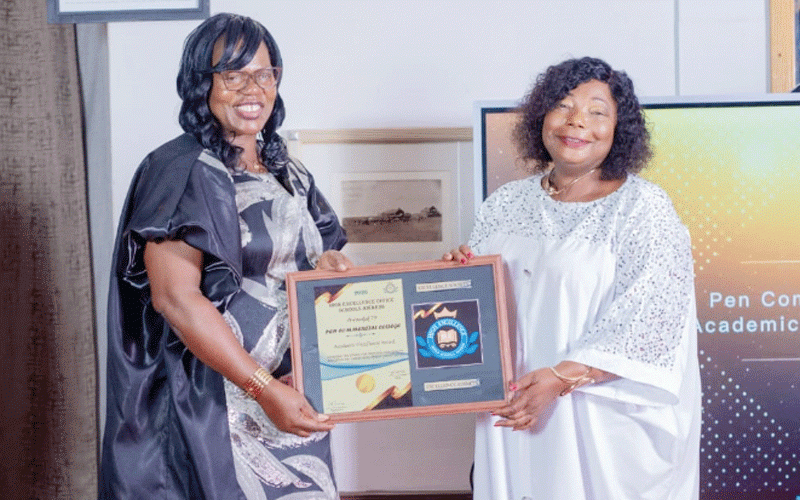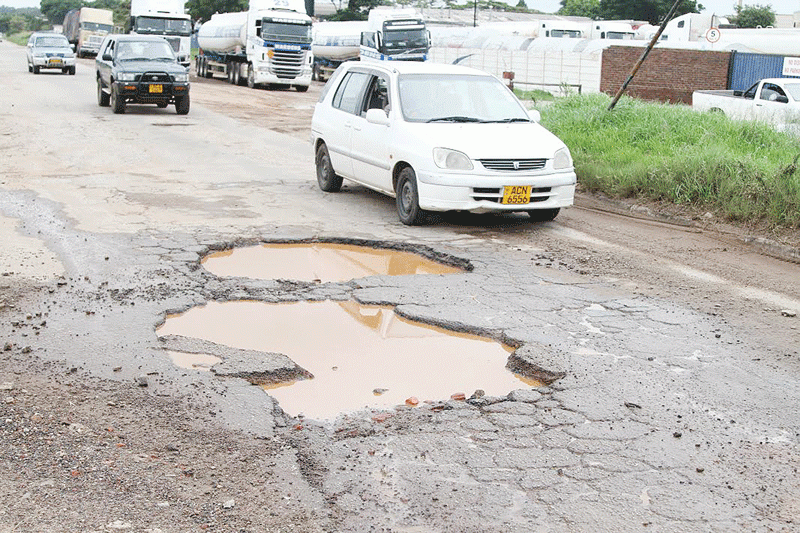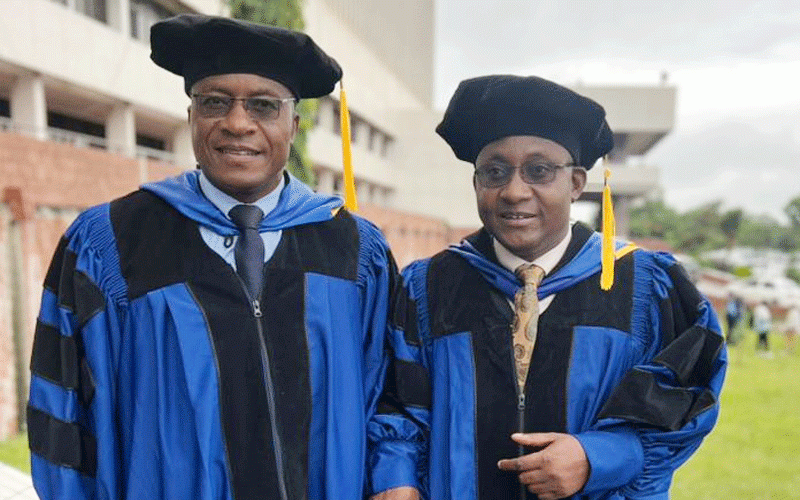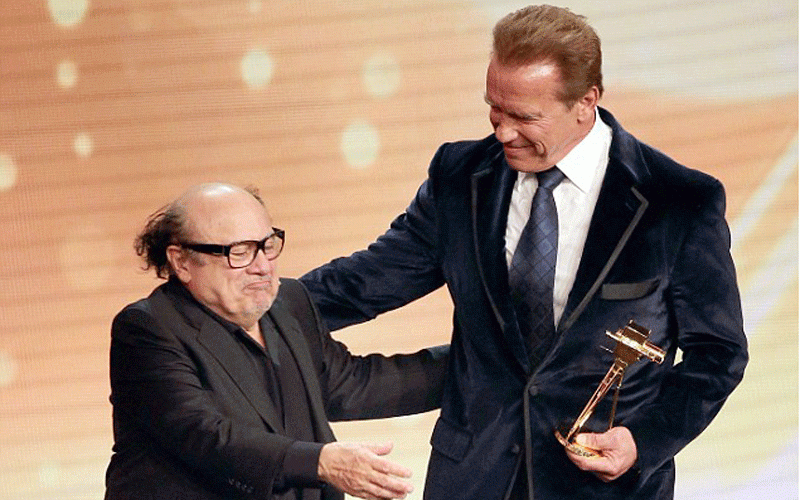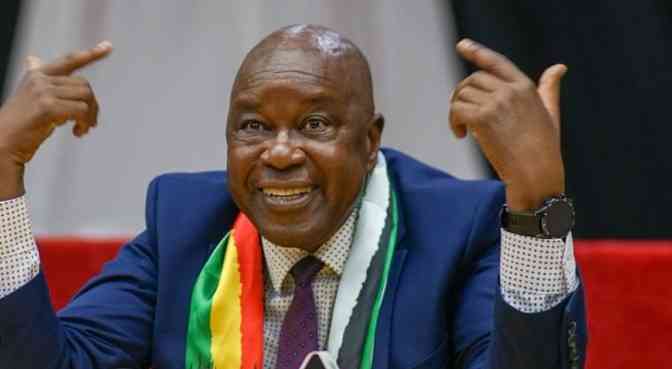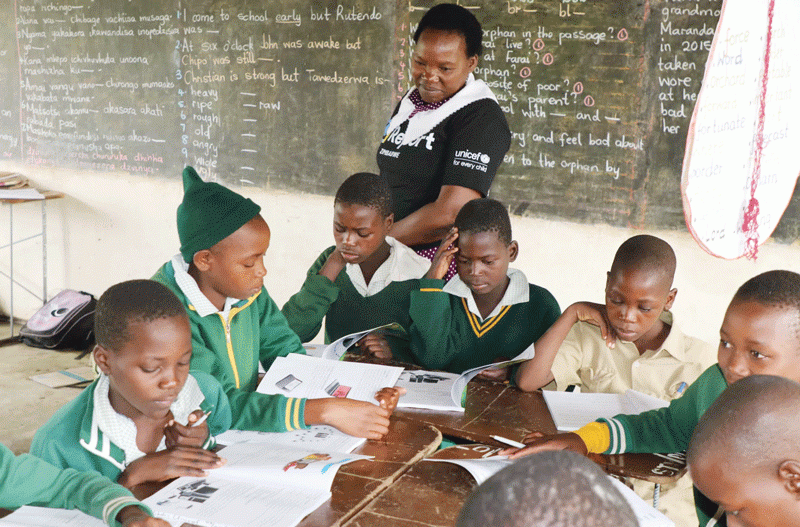
SCHOOLS take extraordinary pride in their academic results.
Teachers take great pains to emphasise the importance of academics.
Parents take exceptional steps to ensure their children do well academically. It is all about academics.
Education is academics, we are reminded endlessly and academics is education.
Children, it is argued, must study in order to achieve good academic results or else they will have no hope in the world – so say many people, even alleged ‘experts’. Academics is all.
When we talk about academics, we see it as the reason why children are in school.
Our emphasis, we are always reminded, must be on the academics.
We say that is what school is all about.
- More woes for suspended Cottco boss
- Film, television sector crafts strategy
- News in depth: Zimbabweans choke under weight of worsening service delivery failures
- Former MDC MP in trouble for insulting police
Keep Reading
In addition, though, when we think of academics, there is a further emphasis in that we speak of certain subjects being academic subjects and then there are other subjects which those pupils who are not deemed to be so “academic” (i.e. not so ‘clever’) can take.
So, we distinguish between academic subjects and technical, practical, vocational or commercial subjects. People look down on such subjects or courses because they are not academic.
They are tolerated yet rarely praised.
Interestingly, though, there is another meaning or implication to the statement that "It's academic" and “It’s academic” is often used to refer to something negative, suggesting something is theoretical, impractical, or of no real consequence.
It suggests that the subject has no practical relevance in the real world or only has theoretical interest and no effect on an outcome.
It can also suggest that it is a situation where the outcome is already certain, thus rendering the remaining events as being merely formal, as in the example where one team has already won the league so it does not really have any bearing what happens in the final few matches.
In other words, it might be something to discuss in a classroom or a book, but in the real world it is not relevant or real. "it's purely academic".
When we speak of, indeed when we uphold highly, academics, we often seem to ignore the important simple question: so what?
So what if we have gained straight A*s in our subject exams? If we do not know how to use the equations, the tenses, the facts, in day-to-day life, what use are they? They have become purely academic.
Pupils often cry out “When will I ever need to use Pythagoras’s theory?”
What is so important about knowing the Theory of Relativity?
Will the knowledge of figures of speech help someone become a doctor?
Academics are academic!
To describe someone as “academic”, we are simply on the surface saying she is clever (ignoring the question of whether she has worked hard or she is just gifted); it is saying she has studied and has been able to remember certain information and to regurgitate it at appropriate moments.
That is all it is saying.
And quite frankly, so what?
One teacher proudly submitted his CV which highlighted his four degrees (yes, four – in English, in Theology, in Law, in Administration) yet he did not get the job as it was felt he had spent all his time with his head in books and never in the world of people.
Another teacher applied for a promoted post as Head of Year by submitting a nine-page essay on the role of Head of Year complete with footnotes and references; there was no reference as to why he felt he was suitable for the position.
All that academic knowledge; it is just academic.
One general once remarked that, "This is not an academic exercise; soldiers' lives are at risk".
Well should we realise that school is not an academic exercise: children’s lives are at risk.
While many children do indeed gain good academic results, they do not necessarily do well in life; think how many graduates in this country do not have jobs right now.
At the end of the day, of the term, of a school career, academics are in fact purely just that: academic. Sports results are also academic.
What is far more important is the social development, integration and fruitfulness of each individual.
Our purpose in schools is not academic but must be relevant and significant. At the heart of education is people.
We are to help people become better people, not better academics or better sportspeople. It is about helping youngsters to become significant not successful.
What results they achieve in exams or sporting fixtures are ultimately purely academic.
What we think of someone based on their academic ability is academic.
And we do not need four degrees to work that out.

